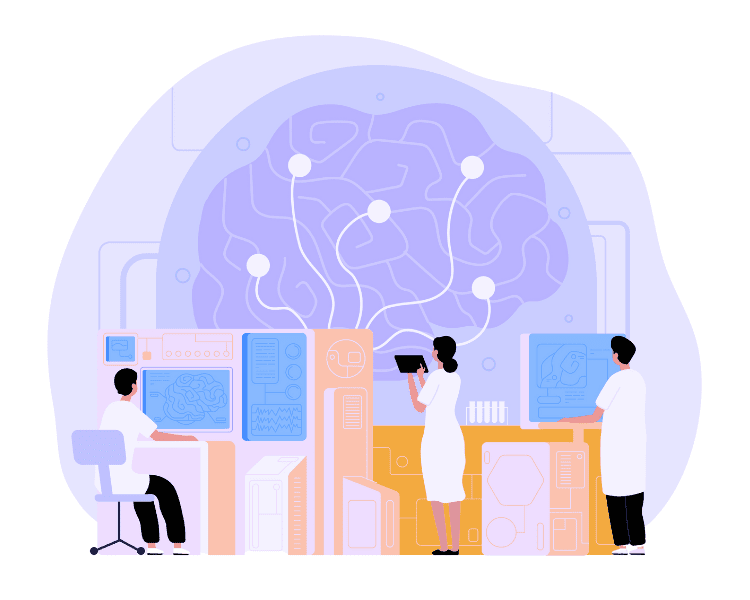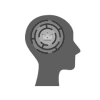SCARS Neurology of Scams
An Exploration of the Neurology of the Brain and Body of Scam Victims Impacted by Scams, Fraud, and Cybercrime
The following is our ever-expanding collection of articles and publications authored by members of the SCARS Team
These articles are intended to be useful introductions for psychologists, criminologists, sociologists, law enforcement, criminal justice professionals, policy decision-makers, care providers, and the victims/survivors of these crimes or their families. For research and studies visit that section of our website.
This page will be constantly expanding – visit often!
The links will take the visitor to the website where the item was published if it is not on ScamPsychology.org itself.
For more visit: ScamsNOW.com and RomanceScamsNOW.com
For More:
For Victims:
- Scam Victims visit: ScamVictimsSupport.org



Cognitive Dissonance & Immediate Effects

Neurology of Trauma & Stress
Stress
Traumatic Effects
- A Quick Way To Understand The Brain & Trauma [Infographic] (romancescamsnow.com)
- Selective Amnesia and Scam Victim Psychological Trauma 2023 (scamsnow.com)
- Cognitions and Trauma (romancescamsnow.com)
- You Aren’t At The Mercy Of Your Emotions – Your Brain Creates Them [VIDEO] (romancescamsnow.com)
Genetics

Mechanisms of the Mind & Brain
Amygdala
- The Amygdala – An Introduction – Scam Victim Neurology – 2024 (scampsychology.org)
- The Amygdala Hijack Effect And The Neurology Of Scam Victims – 2024 (scampsychology.org)
- The Amygdala Hijack And Scam Victims [Infographic] – Expanded 2024 (romancescamsnow.com)
Goal & Reward System
- Striatum – Psychology of Scams 2023 (scamsnow.com)
- Dopamine Signaling And The Neurology Of Scam Victims – 2024 (scampsychology.org)
Default Mode
Belief System
Memory

Hormones & Neurotransmitters
Neurotransmitters
- Dopamine And Scam Victims – 2024 (scampsychology.org)
- Dopamine Signaling And The Neurology Of Scam Victims – 2024 (scampsychology.org)
Hormones
Statement About Victim Blaming
Some of our articles discuss various aspects of victims. This is both about better understanding victims (the science of victimology) and their behaviors and psychology. This helps us to educate victims/survivors about why these crimes happened and to not blame themselves, better develop recovery programs, and to help victims avoid scams in the future. At times this may sound like blaming the victim, but it does not blame scam victims, we are simply explaining the hows and whys of the experience victims have.
These articles, about the Psychology of Scams or Victim Psychology – meaning that all humans have psychological or cognitive characteristics in common that can either be exploited or work against us – help us all to understand the unique challenges victims face before, during, and after scams, fraud, or cybercrimes. These sometimes talk about some of the vulnerabilities the scammers exploit. Victims rarely have control of them or are even aware of them, until something like a scam happens and then they can learn how their mind works and how to overcome these mechanisms.
Articles like these help victims and others understand these processes and how to help prevent them from being exploited again or to help them recover more easily by understanding their post-scam behaviors. Learn more about the Psychology of Scams at www.ScamPsychology.org (this website.)
Psychology Disclaimer:
All articles about psychology, neurology, and the human brain on this website are for information & education only
The information provided in these articles is intended for educational and self-help purposes only and should not be construed as a substitute for professional therapy or counseling.
While any self-help techniques outlined herein may be beneficial for scam victims seeking to recover from their experience and move towards recovery, it is important to consult with a qualified mental health professional before initiating any course of action. Each individual’s experience and needs are unique, and what works for one person may not be suitable for another.
Additionally, any approach may not be appropriate for individuals with certain pre-existing mental health conditions or trauma histories. It is advisable to seek guidance from a licensed therapist or counselor who can provide personalized support, guidance, and treatment tailored to your specific needs.
If you are experiencing significant distress or emotional difficulties related to a scam or other traumatic event, please consult your doctor or mental health provider for appropriate care and support.
If you are in crisis, feeling desperate, or in despair please call 988 or your local crisis hotline.
SCARS Resources:
- For New Victims of Relationship Scams www.ScamVictimsSupport.org
- Enroll in SCARS Scam Survivor’s School for FREE – visit www.SCARSeducation.org to register – FREE for scam victims/survivors
- Sign up for SCARS professional Support & Recovery Groups, visit support.AgainstScams.org
- Find competent Trauma Counselors or Therapists, visit counseling.AgainstScams.org
- Become a SCARS Member and get free counseling benefits, visit membership.AgainstScams.org
- Report each and every crime, learn how to at reporting.AgainstScams.org
- Learn More about Scams & Scammers at RomanceScamsNOW.com and ScamsNOW.com
- Scammer Photos on ScammerPhotos.com
- SCARS Videos youtube.AgainstScams.org
- Self-Help Books for Scam Victims are at shop.AgainstScams.org
- Donate to SCARS and help us help others at donate.AgainstScams.org

